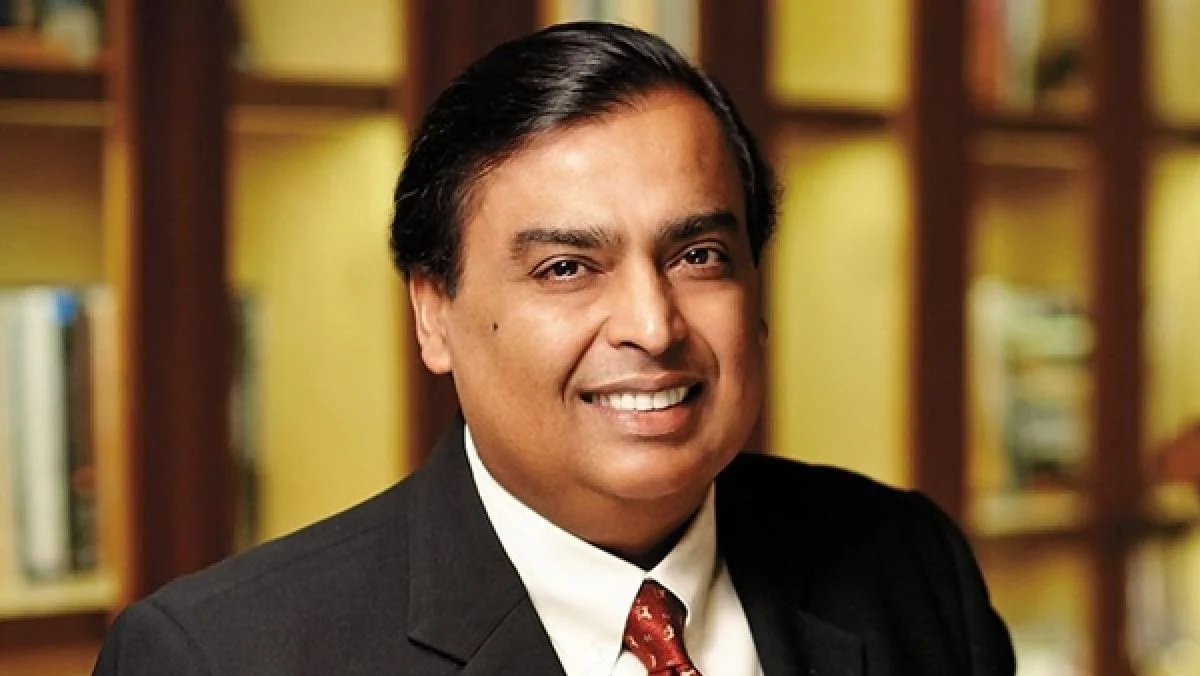The race for global dominance in the space industry has intensified as two of the world’s wealthiest individuals, Elon Musk and Mukesh Ambani, find themselves in a clash of titans. Musk’s Starlink, a satellite internet constellation, is eyeing India as its next target market, while Ambani, the chairman of Reliance Industries, is putting up resistance.
This battle between the billionaires has captured global attention, with significant implications for India’s digital revolution and the future of connectivity. Let’s delve into the details and explore the reasons behind this high-stakes confrontation.

Starlink: Elon Musk’s Ambitious Plan for Global Internet Coverage
Elon Musk, the enigmatic entrepreneur behind SpaceX and Tesla, has made bold strides in revolutionizing various industries. Starlink, his brainchild, aims to provide global broadband internet coverage by deploying a network of thousands of satellites in low Earth orbit. With its innovative technology and ambitious vision, Starlink has garnered attention worldwide.
Recognizing the potential of India’s massive untapped market, Musk has set his sights on the country. India’s population of over 1.3 billion presents an immense opportunity for Starlink to bridge the digital divide, especially in rural and remote areas where traditional internet infrastructure is lacking. By providing affordable and high-speed internet access, Starlink could transform education, healthcare, e-commerce, and countless other sectors, unleashing India’s full potential.

Mukesh Ambani’s Resistance: Protecting His Telecom Empire
Mukesh Ambani, the richest person in India, has built a formidable business empire, primarily centered around Reliance Jio, a telecommunications giant. Ambani’s Jio disrupted the Indian telecom market by offering affordable data plans, leading to a digital revolution in the country. However, Starlink’s entry poses a significant threat to Ambani’s dominance.
Ambani’s resistance to Starlink can be attributed to several factors. Firstly, the deployment of Starlink’s satellite network would directly compete with Reliance Jio’s extensive fibre-optic infrastructure, which currently serves millions of subscribers across the country. The advent of Starlink could potentially erode Jio’s market share and disrupt its revenue streams.
Furthermore, Ambani may view Musk’s foray into India as a challenge to his vision of a “Digital India” powered by homegrown technologies. Reliance has been actively investing in indigenous technologies and digital initiatives, aiming to establish India as a global leader in the digital space. Musk’s Starlink, with its foreign ownership and operation, could be perceived as a threat to this national ambition.

Regulatory Hurdles and Market Challenges
The battle between Starlink and Reliance Jio is not limited to mere business rivalry. Regulatory hurdles and market challenges add complexity to the equation. India has stringent regulations regarding satellite communications, including licensing requirements and spectrum allocation. Starlink must navigate these regulatory frameworks to establish a presence in the Indian market, which could further delay its entry.
Additionally, Starlink’s affordability and compatibility with existing devices become crucial factors. For widespread adoption, Starlink must offer competitive pricing models that appeal to Indian consumers, who are highly price-sensitive. Furthermore, ensuring compatibility with diverse devices and networks prevalent in the Indian market is essential for seamless integration.
As Elon Musk’s Starlink sets its sights on India, Mukesh Ambani’s resistance reveals the high stakes involved in this battle of billionaires. The clash between these two magnates not only signifies a competition for market dominance but also represents conflicting visions for India’s digital future. Whether Starlink successfully penetrates the Indian market or Ambani manages to protect his telecom empire, the outcome will shape the country’s connectivity landscape












